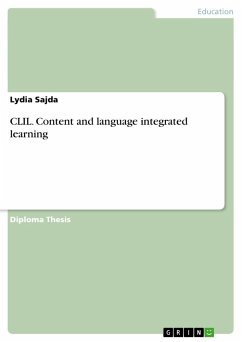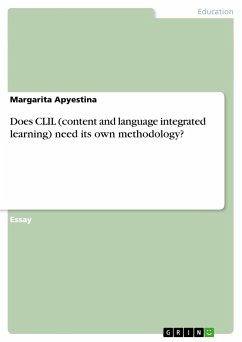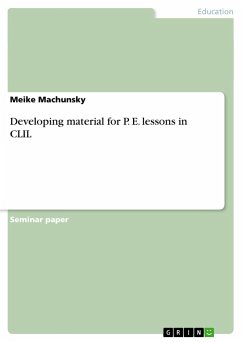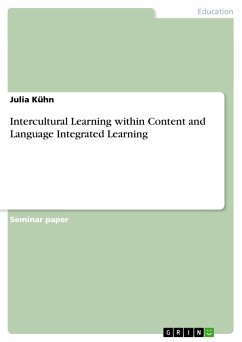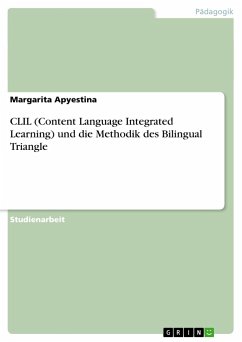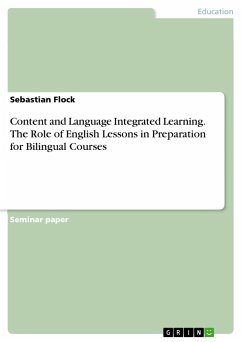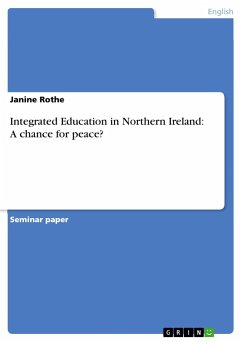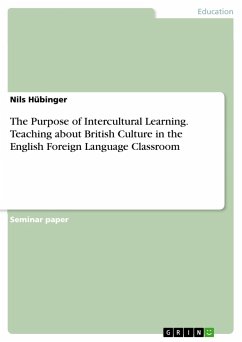Diploma Thesis from the year 2008 in the subject Didactics for the subject English - Pedagogy, Literature Studies, grade: 1,0, University of Salzburg (Anglistik und Amerikanistik), language: English, abstract: Europe is moving closer together. Diverse nations, communities, cultures and language groups are building a single Union. "It is a Union built around the equal interchange of ideas and traditions and founded upon the mutual acceptance of people with different histories but a common future" (Commission of the European Communities, 2003:3). Since the European Union will be home to citizens from different cultural and linguistic background, it is becoming more important than ever that peoples have the skills to understand each other and to communicate with their neighbours. To achieve the goal of mutual understanding, it is, among other factors, necessary to promote effective language learning. One way of promoting language learning is the access to appropriate education at school. However, there are other ways of language learning. People, for instance, acquire language skills when they are exposed to languages in natural environments. (ibid.)The focus in this diploma thesis is on language learning at school. During the Education, Youth and Culture Council in May 2005, the Luxembourg Presidency focussed on the ever changing European classroom and the potential of multi-lingual education. It has placed language learning and linguistic diversity high on the European agenda. There is a fairly new approach to learning which combines the transmission of domain specific knowledge and linguistic knowledge. This means that biology, for instance, is not only taught in the mother tongue, but also in a foreign language. In expert community, this approach is known as Content and Language Integrated Learning (CLIL) and "has a major contribution to make to the Union's language learning goals" (Commission of the European Communities, 2003:9).
Hinweis: Dieser Artikel kann nur an eine deutsche Lieferadresse ausgeliefert werden.
Hinweis: Dieser Artikel kann nur an eine deutsche Lieferadresse ausgeliefert werden.

